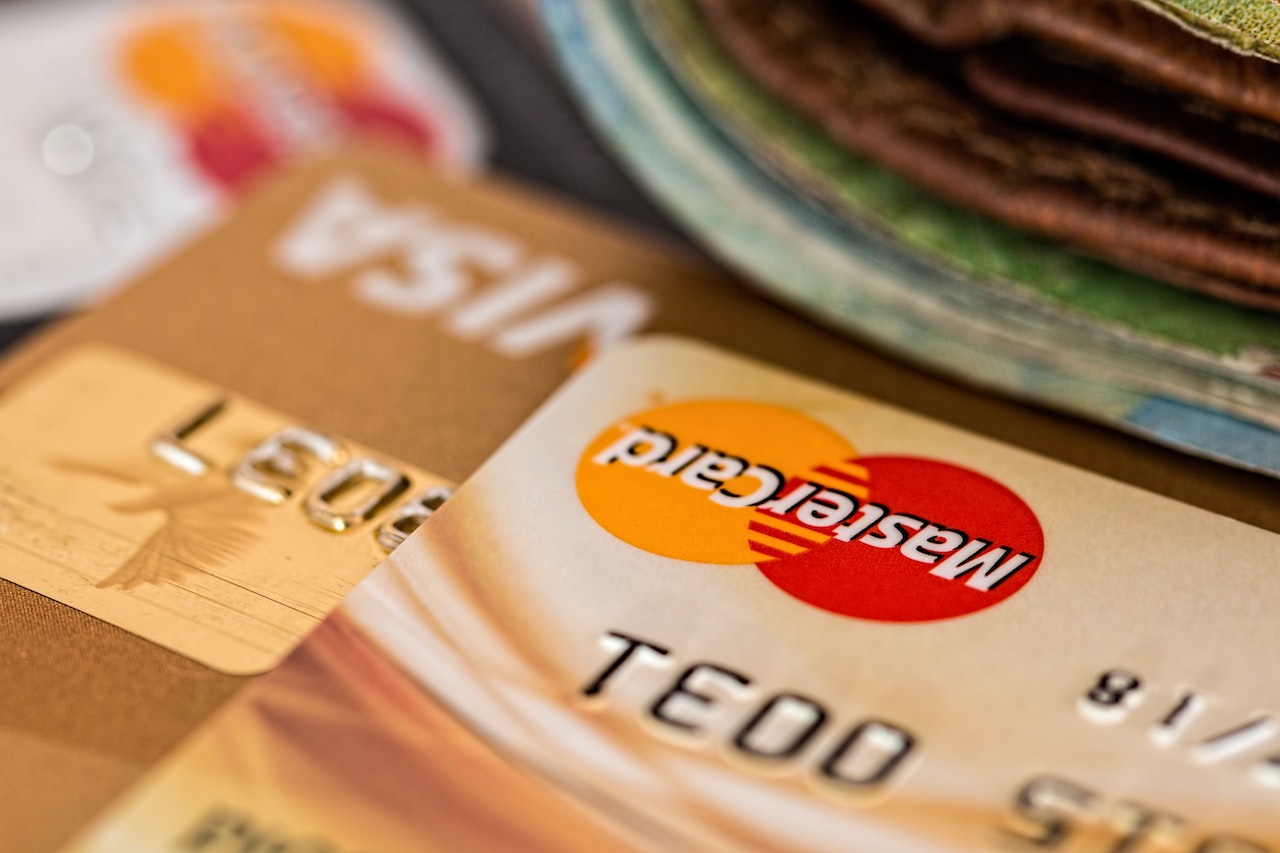Direct to Consumer E-commerce – A Direct to Consumer Guide
You have much more control over your purchases when you don’t rely on outside parties, such as shops and wholesalers, to sell your products. It liberates you.
Quick Links
The D2C industry is active, and it’s simple to become overwhelmed by the sheer number of goods and businesses competing for the same clients as you. Going D2C offers several benefits, but consumers particularly benefit from competitive pricing. Other benefits include being in direct contact with customers, which will help you understand them better, saving money by forgoing costs associated with a wholesaler-retailer partnership; and being free to experiment with new product releases and test them out among a subset of your customer base to get feedback.
However, going to D2C is difficult. You must implement a D2C-specific strategy if you want to reach and engage your target audience.
What Is Direct To Consumer(D2C) E-commerce?
Direct-to-consumer (D2C) e-commerce is when a company sells its goods directly to consumers. The D2C retail concept entails selling products independently of wholesalers or retailers. Because it brings companies and consumers closer together, the D2C retail model is becoming more popular.
D2C brands engage with consumers directly, fostering relationships. Working on D2C helps brands determine who purchases their goods and why. D2C streamlines the client experience and cuts out multiple steps of the purchasing cycle.
A significant advantage of a direct-to-consumer e-commerce approach is that manufacturers have complete control over their operations, from packaging to marketing, allowing them to offer their customers an omnichannel experience.
Additionally, manufacturers have minimal influence when retailers sell their items under a standard retailer business model. A D2C e-commerce strategy puts the manufacturer directly with the final consumer and restores control over the company’s marketing and sales initiatives. D2C allows complete manufacturer control over the customer journey from the research process to the point of sale.
What Marketing Strategy Do Direct-To-Consumer Businesses Employ?
The main distinction between “conventional” manufacturers and “direct-to-consumer” (D2C) businesses is that the former fully owns and controls the entire client experience.
While this additional obligation may seem like a burden, manufacturers who choose to sell direct-to-consumer (D2C) are free to market their goods (and overall brand) in any way they see fit, or more specifically, however, they know they would most effectively engage their audience.
Furthermore, D2C businesses profit from having complete control over who their consumers are and how they provide value to this end-user client. This allows them to choose how they develop their relationships with them.
The traditional retail experience is not what it once was, which is not surprising. Naturally, it wouldn’t make sense for D2C companies to follow the same strategy they are isolating themselves from, given their obligations. It doesn’t necessarily guarantee that something will continue to operate well just because it has in the past.
What Drives Manufacturers To Use D2C?
The benefits for consumer packaged goods brands of generating a more significant margin and having direct access to their customers and their data are the main drivers for entering D2C. For instance, companies working on illumination projects like LED recessed spots, LED spots, panels, lamps, and solar garden lighting could directly contact customers looking for easy and efficient lighting measures that are more profitable in business rather than looking for intermediaries acting as an interline between the two who require an extra commission for the work performed by them.
There is less need for intermediaries in today’s business industry in a linked, digital world. Direct-to-consumer producers can now sell their products at a reduced cost to the consumer while still making the same profit.
Additionally, going direct-to-consumer is simple. In 2017, Amazon started encouraging manufacturing firms to use its fulfillment centers to support their transition to this business model.
Is Direct-To-Consumer (D2C) Marketing A Craze Or A Trend That Will Sustain?
Study out the following Questions.
- Will consumers choose direct-to-consumer brands in the future, as they have in recent years?
- Will retail establishments undergo a significant metamorphosis to regain their footing soon?
- Is switching to direct-to-customer profitable for your brand in the long run, or is this just a fad?
Direct-to-consumer enterprises are in the spotlight, which cannot be denied. Due to the popularity of Casper, Away, and Warby Parker, new direct-to-consumer manufacturers can be seen everywhere. This does not imply that this marketing strategy is not a fad.
Because they can effectively meet the changing expectations of the modern consumer, such as by providing genuine and individualized service online or offline, direct-to-consumer firms have seen tremendous success in recent years, similar to how the demise of physical stores was not an accident. Instead, it was brought on by the brands’ failure to live up to consumer expectations. The consumer’s desire, for instance, to engage with businesses they do business with more personally is not a fad that will disappear quickly.
In actuality, customer experience is anticipated to surpass goods, and pricing is the determining element that determines whether a transaction is successful as time goes on.
Therefore, the real question is not whether direct-to-consumer marketing will become less effective over time but whether your company will be able to profitably and successfully adopt this strategy going forward.
Additionally, since direct-to-consumer marketing is currently the hottest trend in eCommerce platform advertising, you can anticipate that businesses utilizing this strategy will start to develop their methods, making them stand out from the competition even better.
Should Big Brands Market Directly to Consumers Instead of Through Retailers?
Many well-known firms are hopping on the direct-to-consumer bandwagon, supporting the notion that this is the next buzzing trend. It’s vital to note that switching to direct-to-consumer won’t make your company successful. Implementing the marketing plan without understanding the ins and outs will be disastrous.
However, if you are sure of what you want to provide your clients and believe that the direct-to-consumer marketing strategy is the most effective way to do so, then you must start preparing for the change as soon as possible.
Concluding Thoughts
With direct-to-consumer marketing, wholesale companies can communicate with customers directly. Manufacturers can reflect their brand and provide the customer experience they desire with this strategy. But if done incorrectly, it could harm the brand.
Author’s Bio
Zoe Mathews is a leading blog writer. She mainly discusses e-commerce, LED lights, Solar Lighting, and decor tips. She has experience with counts, focuses on creating more reader-friendly content, and works on the aspects of clarity on top.
Top 10 Magento 2 SEO Extensions to Boost Your Store’s Visibility
SEO is the key to a successful store! Have you ever given thought, if your store is simply…
0 Comments12 Minutes
How to Optimise Your PPC Campaigns with AI
As the methods of Internet marketing evolve, Pay-Per-Click (PPC) advertising remains one of the…
0 Comments10 Minutes
Putting Cybersecurity Under the Spotlight: How Security Audits Strengthen Your Defenses
While organizations understand the importance of cybersecurity, there is an opportunity for many…
0 Comments12 Minutes
How Marketing Agencies Can Choose the Best High-Performance SEO Tools
High-performance SEO tools combine comprehensive features, durability, speed, and accuracy. They…
0 Comments9 Minutes
Simplify the Running of Your Business With These Tips
Finding enough hours in the day to tackle all the jobs on your to-do list can be a major issue…
0 Comments4 Minutes
Best SEO Practices for Multi-Location Businesses
Businesses operating across multiple locations benefit from unique opportunities but also face…
0 Comments7 Minutes
Unveiling the 7 Essential Components for an Exceptional Website
Even a beginner can identify what makes a good website, but when it comes to building one, things…
0 Comments8 Minutes
Top Blockchain Trends to Watch in 2024
Blockchain has time and again proved its capacity to redefine many sectors and this prediction of…
0 Comments6 Minutes








